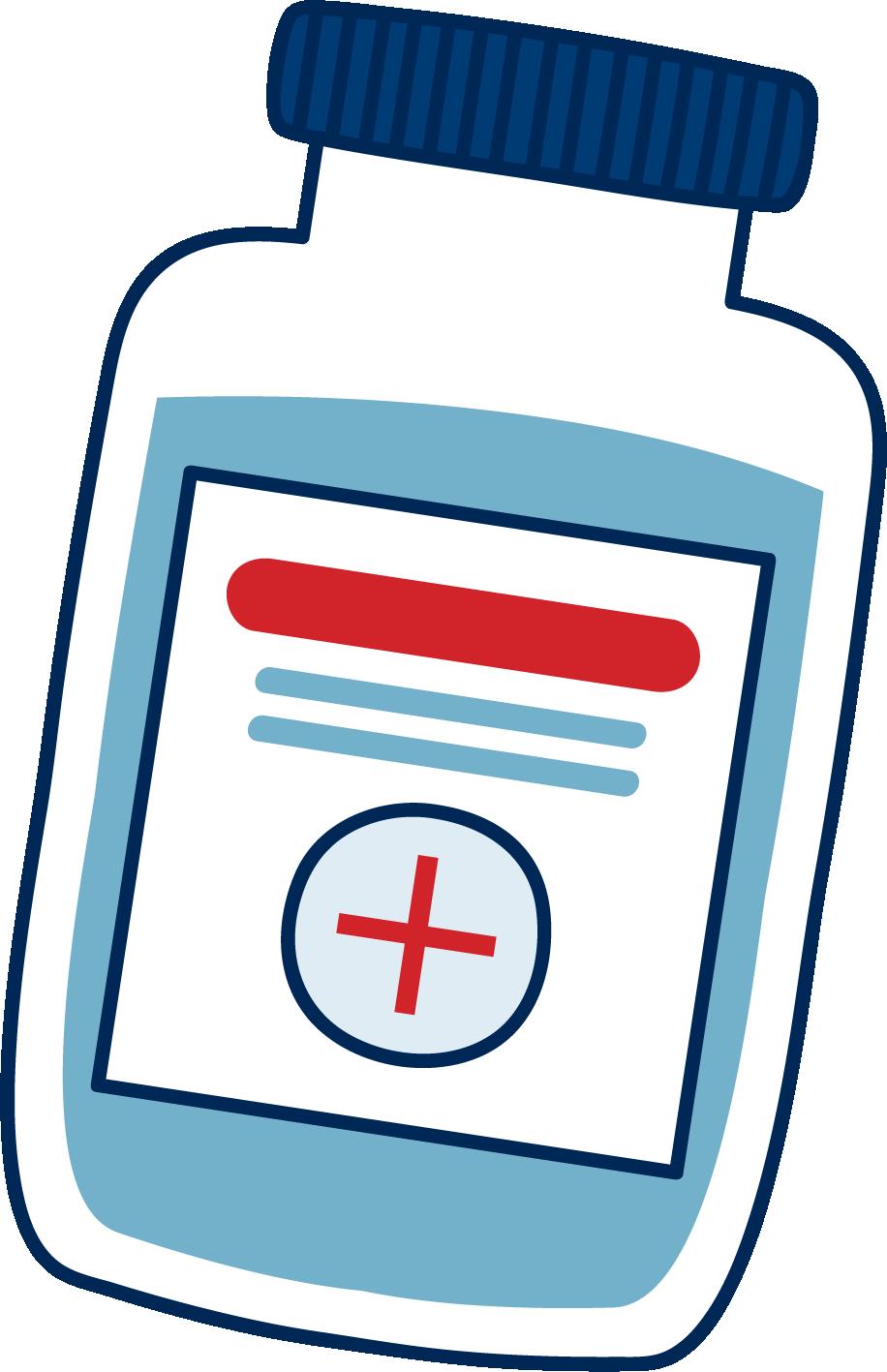HEALTHCARE HOT TOPICS
ADA UPDATES STANDARDS OF MEDICAL CARE FOR PATIENTS WITH DIABETES
In December, ADA released 2021 Standards of Medical Care based upon the latest scientific diabetes research and clinical trials. Updates include evidence for diabetes treatment for people also managing chronic kidney disease and heart failure, the use of technology for diabetes management and individualized care, as well as recommendations for continuous glucose monitoring (CGM) for people with diabetes-based on therapy, important information on addressing social determinants of health in diabetes and barriers to, and critical times for diabetes self-management education and support (DSMES).
OVERDOSE DEATHS ACCELERATING DURING COVID-19
Data collected by the CDC suggest that the COVID-19 pandemic has accelerated the trend of increasing overdose deaths in the United States. Synthetic opioids, especially illicitly manufactured fentanyl, are the primary driver of this trend but deaths related to cocaine and psychostimulants, such as methamphetamine, have also increased. On December 17, 2020, the CDC issued a health advisory recommending expanded distribution and use of naloxone and overdose prevention education, increased awareness and availability of and access to treatment for substance use disorder, early intervention for individuals at highest risk for overdose, and improved detection of overdose outbreaks to facilitate a more effective response.
HHS RELEASES ADVISORY OPINION CLARIFYING THAT 340B DISCOUNTS APPLY TO CONTRACT PHARMACIES
Under the 340B program, drug manufacturers are obligated to provide discounts to covered entities, including safety net hospitals, community health centers, and other institutions that serve vulnerable populations. In some instances, drug manufacturers have been refusing to provide 340B discounts to pharmacies contracted with covered entities to supply the drugs to patients. On December 30, HHS stated in an advisory opinion that contract pharmacies should receive the same discounts as covered entities under the 340B program when acting as an agent of a covered entity to provide services.
FDA ENCOURAGES INCREASED DIVERSITY IN CLINICAL TRIALS AND MEDICAL PRODUCT DEVELOPMENT Lack of diversity in clinical trials and medical product development contribute to health care disparities. Racial and ethnic minorities, older adults, individuals with comorbid conditions, those with disabilities, and patients at weight extremes are some examples of populations that tend to be underrepresented in clinical trials but likely to use the drug
or medical product being studied. To address this concern, the FDA issued guidance in November addressing how sponsors can increase enrollment of underrepresented populations in their studies. These recommendations include reducing patient burden for participation by decreasing the number of required visits, offering flexibility in visit windows, and using electronic communications, if appropriate, and early engagement with patient advocacy groups who may help the sponsors better understand what changes would make patients more able or willing to participate.
MANY HEALTH PLANS MUST NOW COVER PREP
The United States Preventative Task Force (USPSTF) gave Preexposure prophylaxis (PrEP) an “A” rating in June 2019, meaning that USPSTF recommends the service due to high certainty of substantial net benefit. Under the Affordable Care Act (ACA), services that receive and “A” or “B” rating from USPSTF must be covered by most private health plans without cost sharing. A recent study suggests that fewer than 10% of people eligible for PrEP are currently taking it, which may be related to the expense of the service. While the ACA requires that the drugs be covered without cost sharing, it is unclear if the necessary monitoring services, such as office visits and lab work, also need to be provided at no cost to the patient.
RECORD AMOUNT OF MEDICATIONS COLLECTED DURING NATIONAL PRESCRIPTION DRUG TAKE BACK DAY
October 24 was National Prescription Drug Take Back Day. This year, the DEA and its partners collected nearly a million pounds of unused, expired, or unwanted medications at 4,587 different sites across the country, setting a record for the ten-year-old program. Since the program started, the DEA has collected 13.7 million pounds of medications. Unused, expired, or unwanted medications can also be disposed of throughout the year at any of 11,000 DEA authorized collectors. A list of these sites can be found on the DEA website, and additional information on safely disposing of medications at home can be found on the FDA and EPA websites.
CDC UPDATES TREATMENT GUIDELINES FOR GONOCOCCAL INFECTION
Due to increasing concern for antimicrobial stewardship, the CDC has updated its recommendations for treatment of sexually transmitted diseases (STIs) caused by Neisseria gonorrhoeae. The CDC previously recommended treatment with a single 250 mg IM dose of ceftriaxone and a single 1 g oral dose of azithromycin for uncomplicated gonococcal infections of the cervix, urethra, and rectum. New guidelines recommend a single 500 mg IM dose of ceftriaxone for uncomplicated urogenital, anorectal, and pharyngeal gonococcal infections. If chlamydial infection has not been ruled out, concurrent treatment with 100 mg of doxycycline twice daily for seven days is also recommended.
JAN.FEB.MAR. |
11










